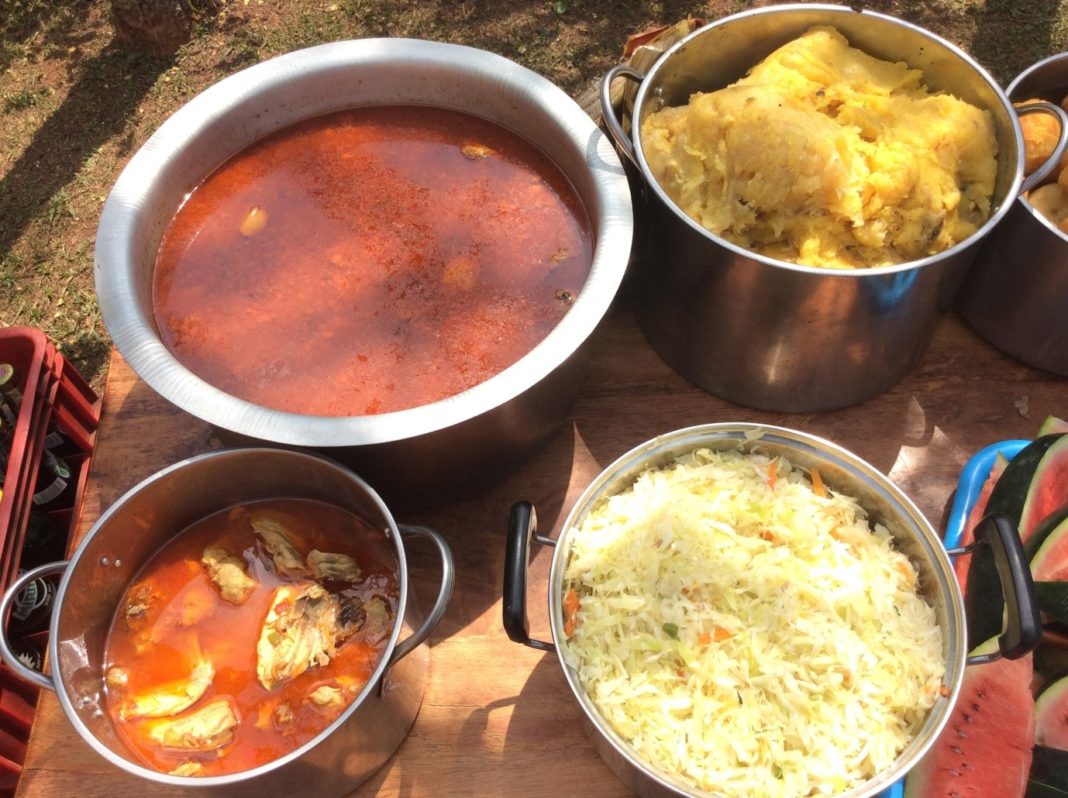Uganda joined the international community to celebrate World Food Day on the 16th October 2018, with the National celebrations held at Nabuin, Nakapiripiriti district in the Karamoja region. The theme for this year was: “A Zero Hunger World by 2030 is Possible.”
As the country joined the World to celebrate, Twaweza, an independent initiative, had a few facts that can be used to back up stories on the same day from the Uganda citizen perceptive.
In their report, it shows that one out of two citizens (49 per cent) have, in the three months before the survey, gone a whole day without eating due to a lack of money or other resources.
And one out of eight citizens mention hunger/drought (15 per cent) as one of the most serious problem facing their household.
There is considerable variation in experiences of food security across Uganda, although the number of people going without food for a whole day remains high across groups.
In both urban (45 per cent) and rural (51 per cent) areas, and in wealthier households (39 per cent) as well as poorer ones (60 per cent), Ugandans often go hungry. Five out of six residents of some sub-regions go a whole day without food, compared to just one out of ten in other sub-regions.
The sharpest variations come when considering specific sub-regions. In Karamoja, five out of six residents (85 per cent) have gone a whole day without food in the three months before the survey, and the numbers are also very high in Central (75 per cent), and Teso (73 per cent).
In comparison, one out ten residents of Lango (9 per cent) and three out of ten in Bunyoro (30 per cent) and West Nile (30 per cent) have experienced this problem.
Food insecurity and poverty tend to go hand in hand. This brief explores the financial health and security of Ugandan households. How many households lack the income to cover their basic daily needs? What action do they take when their income leaves them short?
Even larger numbers have experienced difficulties with food security over the same period. Five out of six (85 per cent) have been worried that they would run out of food, and three out of four (75 per cent) had to skip a meal.
The analysis and geographical breakdowns were made by Twaweza, which is an independent East African initiative that was established in 2009. Twaweza means “we can make it happen” in Swahili.
Twaweza works on enabling children to learn, citizens to exercise agency and governments to be more open and responsive in Tanzania, Kenya and Uganda.
Food and Agriculture Organization celebrates World Food Day each year on 16th October to commemorate the founding of the Organization in 1945. Events are organized in over 130 countries across the world, making it one of the most celebrated days of the UN calendar.
The principal reason to celebrate the day is to increase awareness of the crucial need for effective agriculture and food policies to be implemented by governments across the world to ensure there is sufficient food available for everyone worldwide.




